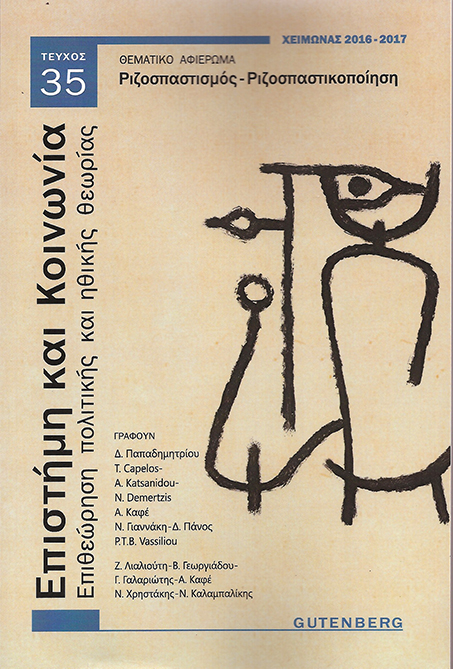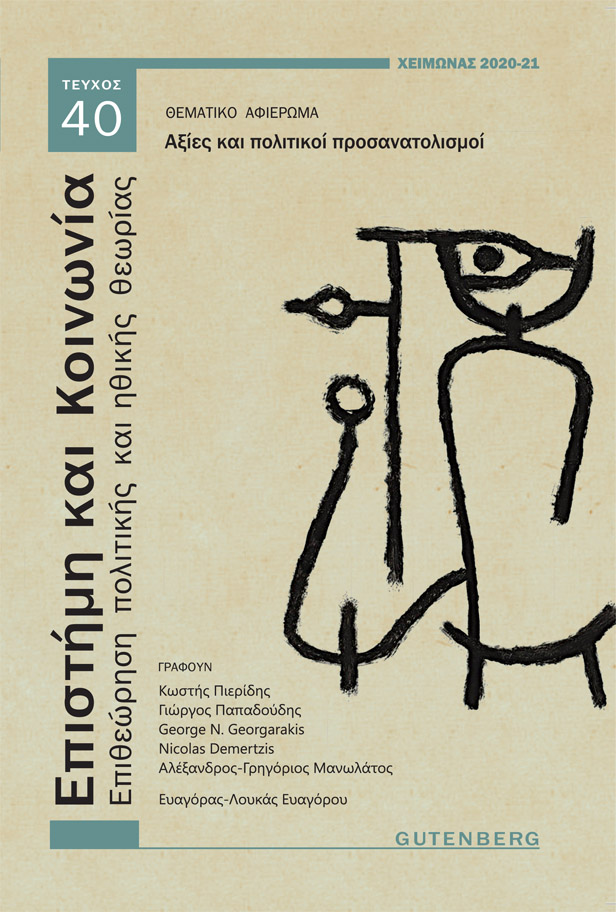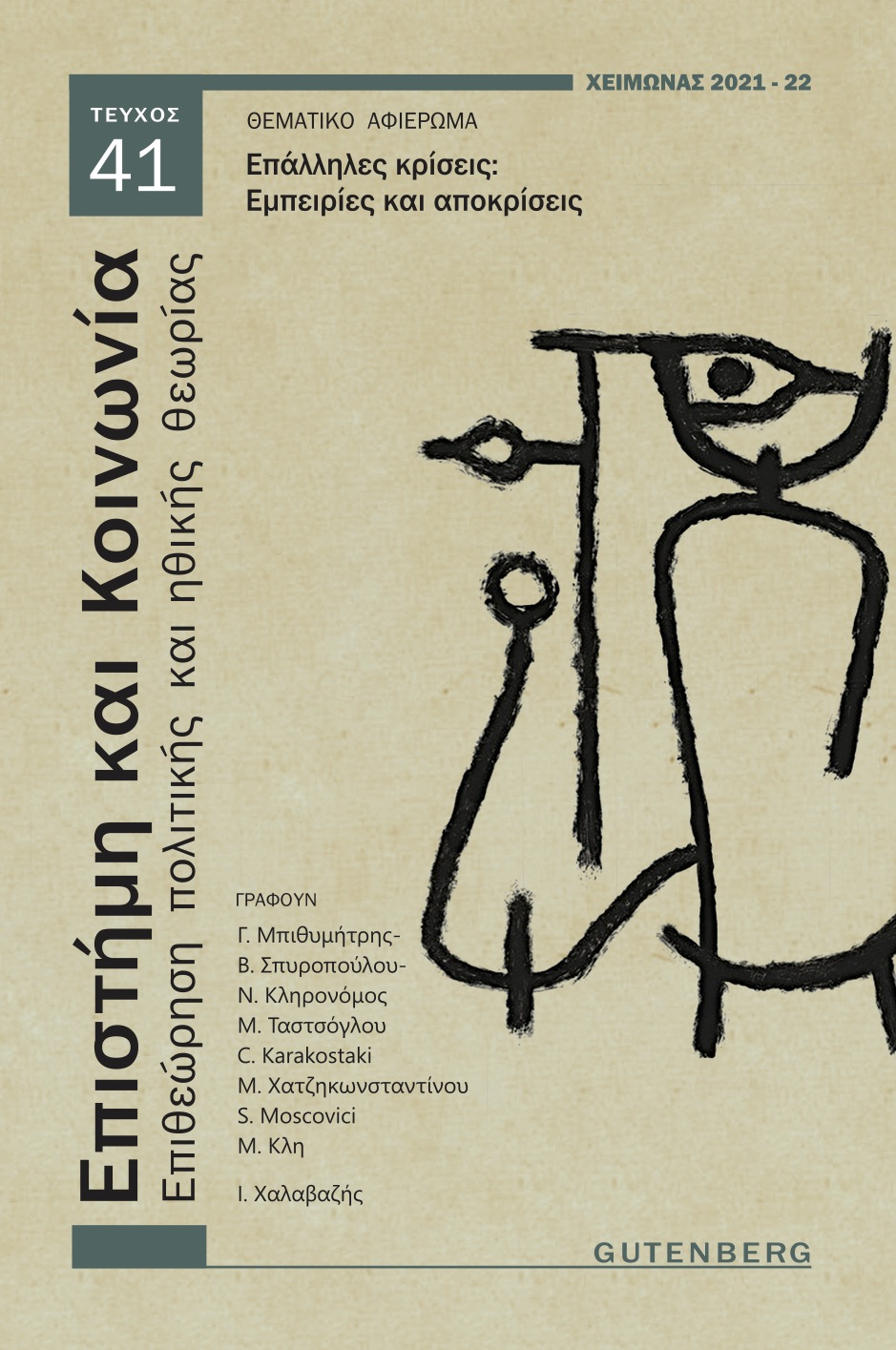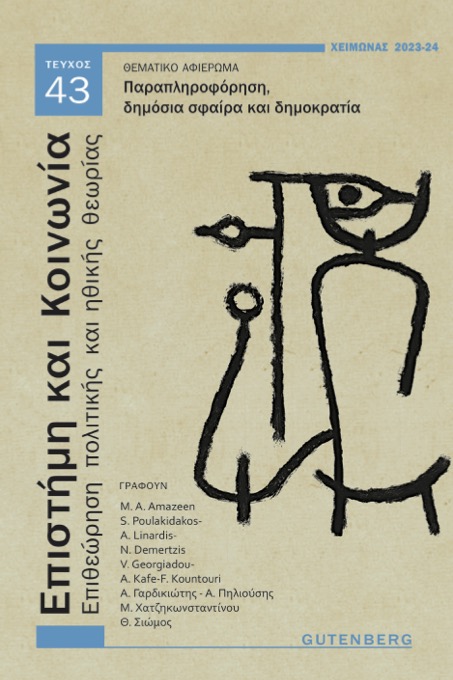Populism, Ethnic Nationalism and Xenophobia
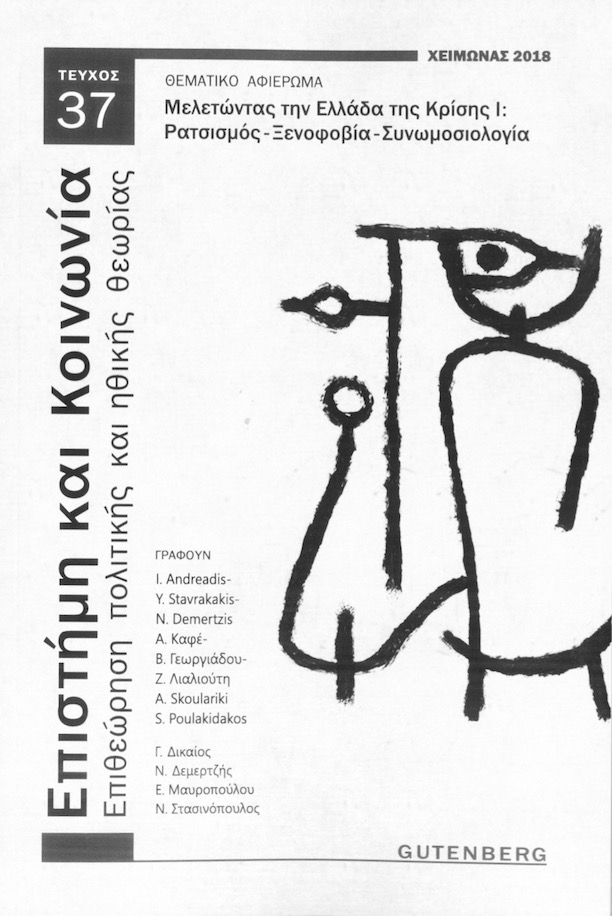
Abstract
In this paper, we study a set of new indices, which are based on the answers of citizens to certain batteries of items included in a CSES module 5 pilot study conducted in Greece after the parliamentary election of September 2015. The first index is used to capture attitudes of citizens towards the political elites and is related to the increasing number of recent publications focusing on the study of populist attitudes. Likewise, the second index is based on items related to a demand for more power to the poor people. Another index developed here is built to measure attitudes towards out-groups. The use of this index is motivated by the increasing power of radical right-wing anti-immigrant parties, especially in Europe and due, to a certain extent, to the recent immigrant crisis. In addition to the aforementioned indices, we also identify the characteristics respondents think to be the most important for someone to be considered as a "Real Greek", i.e. we present what are the most important lines that according to Greek citizens separate the in-group from the out-groups.
Article Details
- How to Cite
-
ANDREADIS, I., Stavrakakis, Y., & Demertzis, N. (2018). Populism, Ethnic Nationalism and Xenophobia. Science and Society: Journal of Political and Moral Theory, 37, 11–40. https://doi.org/10.12681/sas.14712
- Section
- Articles

This work is licensed under a Creative Commons Attribution-NonCommercial-ShareAlike 4.0 International License.
Authors who publish with this journal agree to the following terms:- Authors retain copyright and grant the journal right of first publication with the work simultaneously licensed under a Creative Commons Attribution-NonCommercial-ShareAlike License that allows others to share the work, not for commercial purposes, with an acknowledgement of the work's authorship and initial publication in this journal. If you remix, transform, or build upon the material, you must distribute your contributions under the same license as the original.
- Authors are able to enter into separate, additional contractual arrangements for the non-exclusive distribution of the journal's published version of the work (e.g., post it to an institutional repository or publish it in a book), with an acknowledgement of its initial publication in this journal.
- Authors are permitted and encouraged to post their work online (e.g., in institutional repositories or on their website) prior to and during the submission process, as it can lead to productive exchanges, as well as earlier and greater citation of published work (See The Effect of Open Access).



